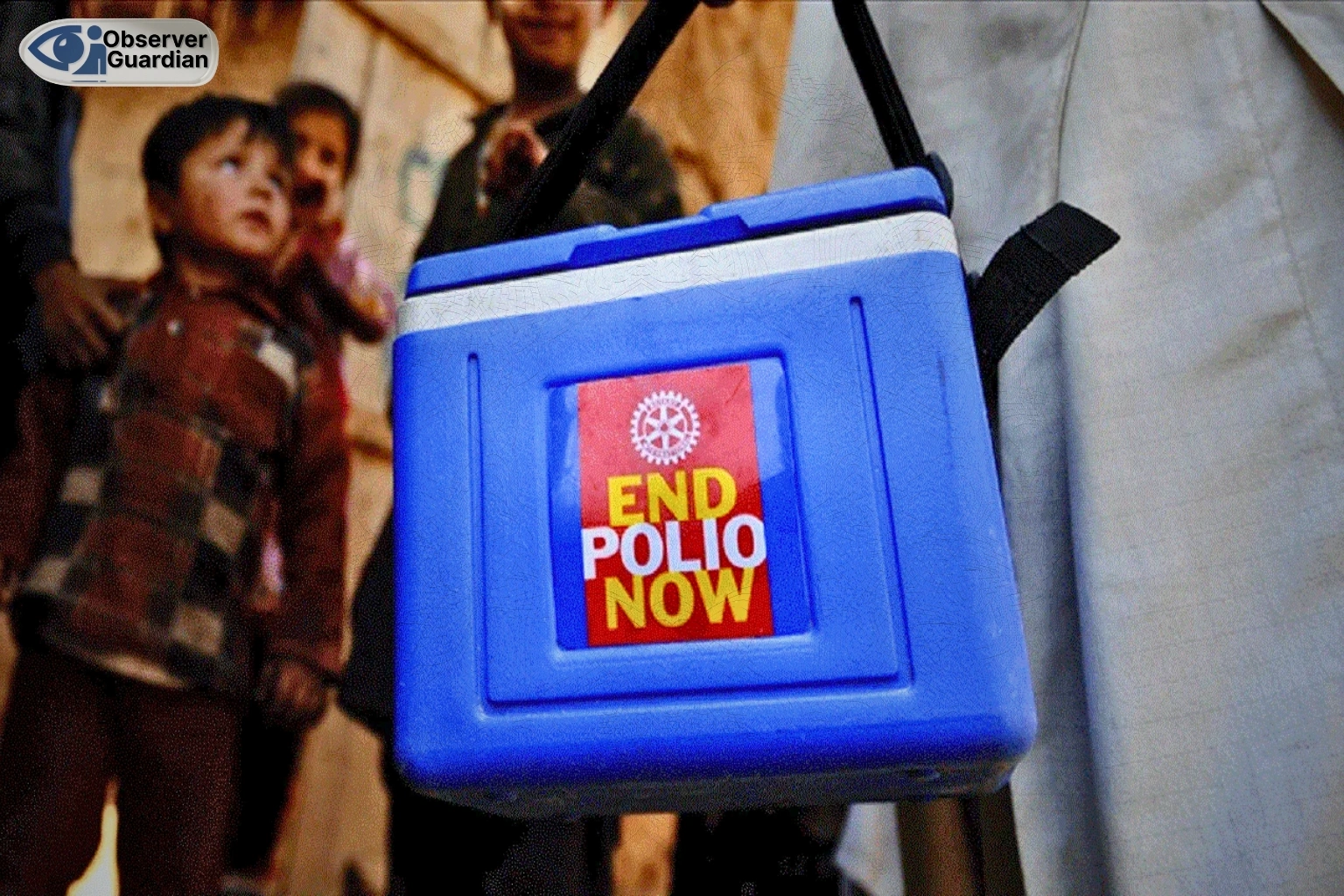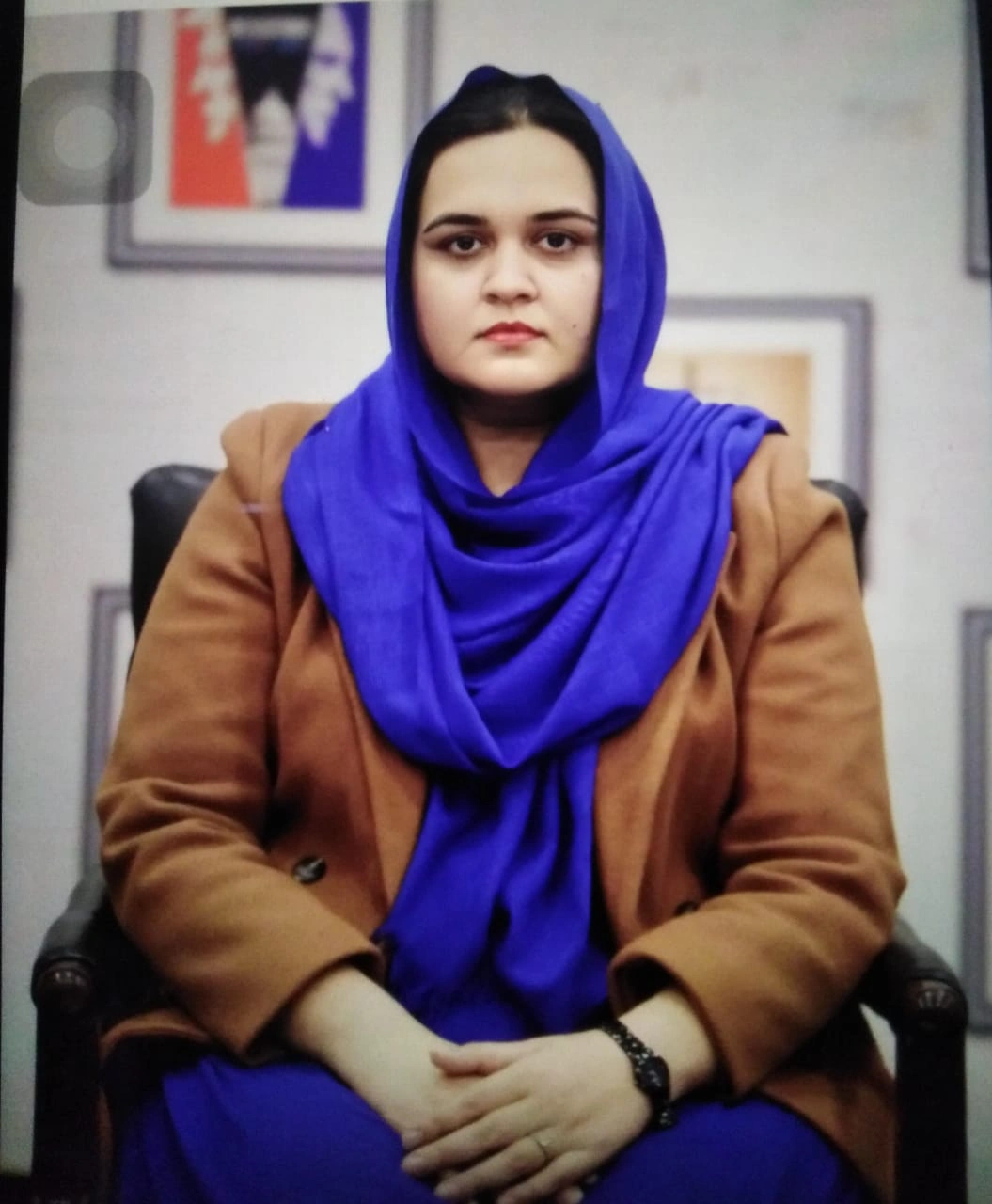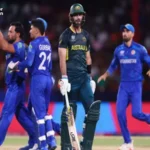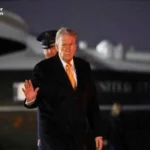Pakistan has been hit with about a 20% cut in global polio funding. That’s a big deal because Pakistan, along with Afghanistan, is still one of the last places where the wild poliovirus exists. Money has always been the backbone of keeping vaccination drives alive, paying workers, and making sure surveillance systems catch outbreaks quickly. Losing a chunk of that means the program is suddenly trying to do the same work with less fuel in the tank.
From what’s being reported, the cut isn’t out of nowhere. Donors like the US and other big contributors to the Global Polio Eradication Initiative have been scaling back or delaying commitments. Aid budgets are shifting, and polio doesn’t always stay at the top of the priority list compared to newer crises. So while the exact details of the 20% figure might not be officially confirmed line by line, the financial squeeze has been building for a while.
The impact on the ground is where it really hurts. Polio campaigns aren’t just about showing up with a box of vaccines. They need transport to remote areas, protection for health workers in risky zones, labs to test sewage for traces of the virus, and staff who can convince families that the drops are safe. When funds shrink, the first things to get cut often aren’t the vaccines themselves but the logistics, surveillance, and outreach which are just as critical. If people can’t get reached, or if the virus spreads undetected for even a few weeks, all the years of progress can slip.
There’s also the human side. Thousands of Pakistani workers rely on these programs for their livelihoods. Cuts mean reduced pay, fewer incentives, or jobs disappearing altogether. It’s already hard enough to keep morale up when vaccinators face real risks in parts of the country. Add financial uncertainty, and it’s easy to imagine some of them walking away.
What does this mean in the bigger picture? If Pakistan can’t keep pace, eradication gets delayed worldwide. Every extra year of running campaigns adds billions to the global bill. And polio doesn’t respect borders. If the virus lingers in one place, it can always find its way back into others.
The only way forward is some combination of Pakistan stepping up with its own budget, making sure whatever money remains is used smartly, and hoping new or existing donors step in to cover the gap. It’s also a reminder that community trust matters more than ever. If fewer campaigns can be run, each one has to be as effective as possible, which means making sure parents don’t refuse drops and workers feel supported.
It’s a tough moment. After decades of fighting to get so close to wiping polio off the map, losing momentum now would be costly. The cuts don’t mean the effort is doomed, but they do raise the risk of losing ground just when Pakistan needed that last push.








